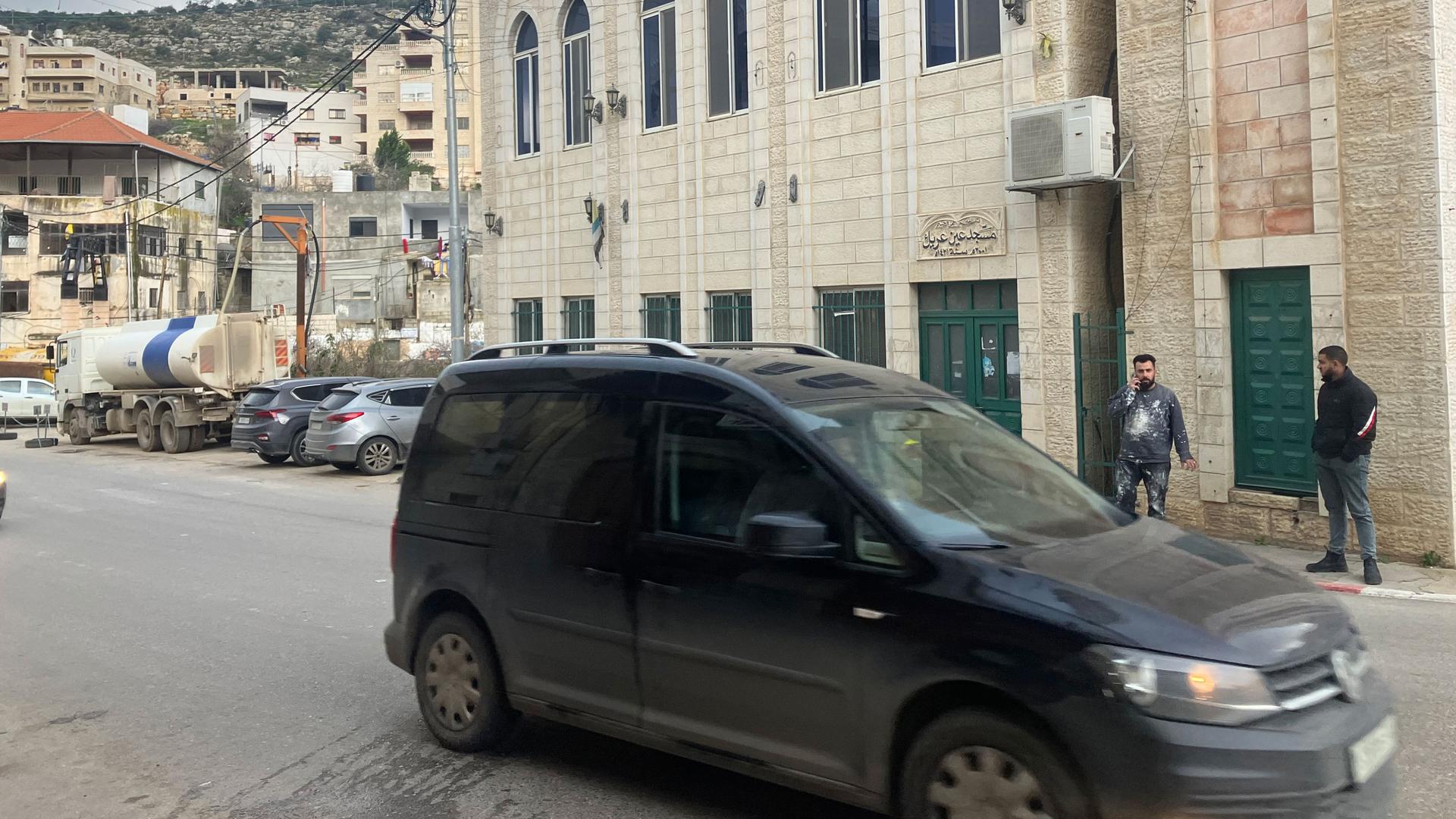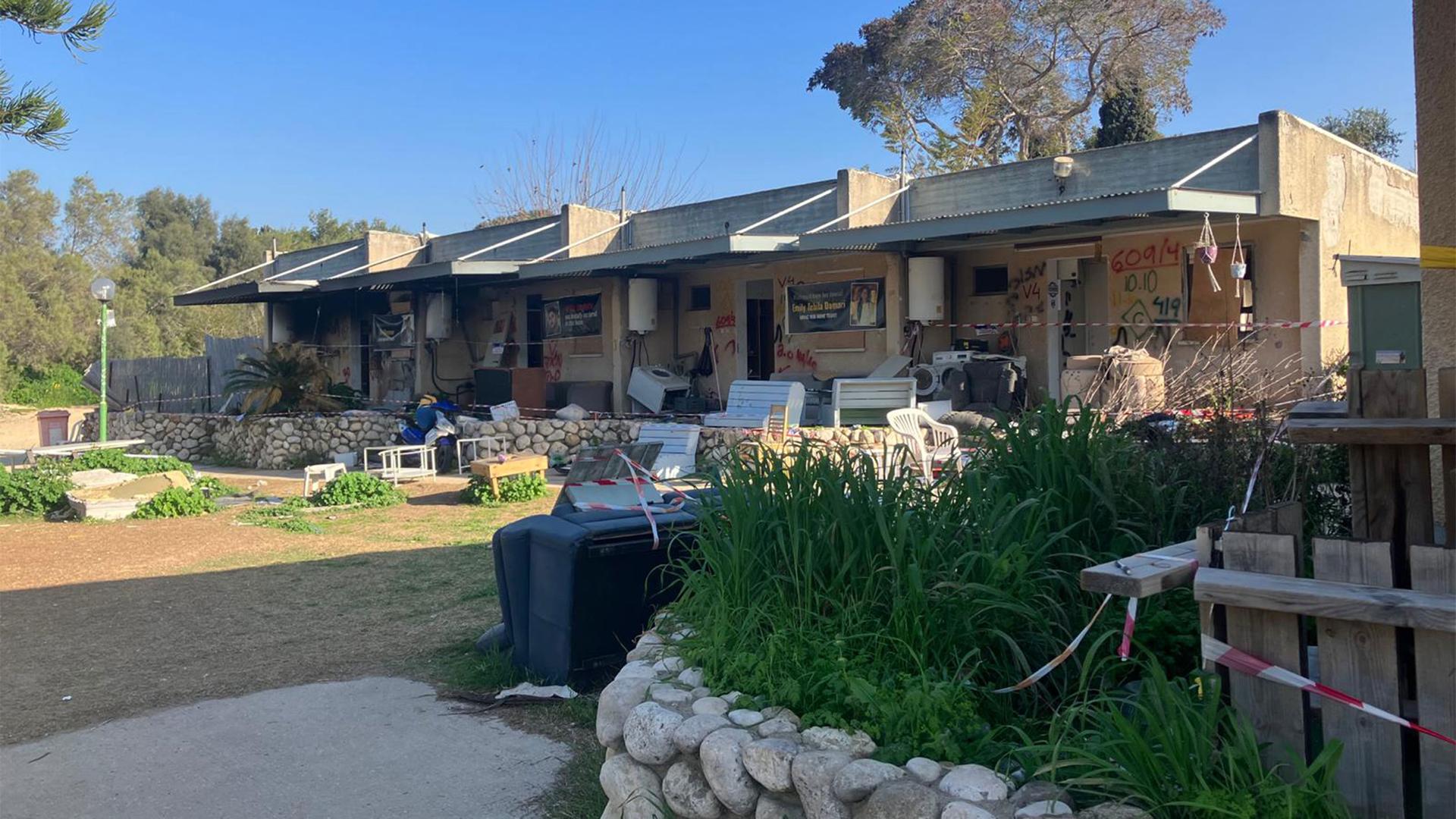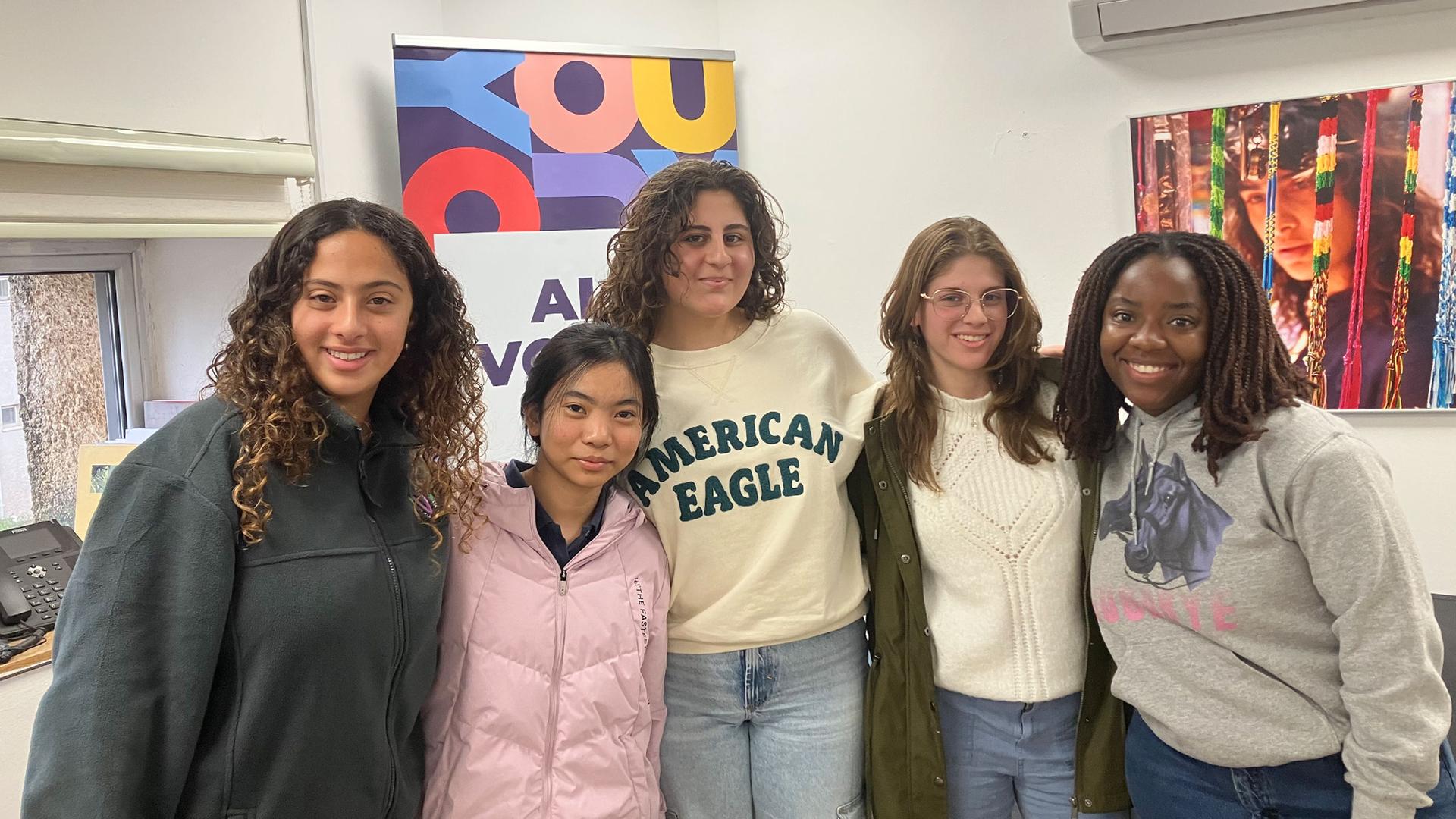Rebecca Rosman
Rebecca Rosman is a freelance journalist based in Paris. Her stories have sent her to Cuba, Nigeria, Senegal, Morocco, Israel and all over Europe. She is originally from Chicago.
‘No one is helping us’: Palestinians in West Bank barred from Israel face unemployment, financial insecurity
Since Oct. 7, 2023, Palestinians from Gaza and the West Bank have been barred from working in Israel. Tens of thousands in the West Bank who were doing building or agricultural jobs are out of work, and it’s drastically impacting their daily lives and the lives of many shopkeepers as people tighten their belts.
Jewish London on edge amid spike in antisemitic attacks
Police in London report that antisemitic attacks increased by more than 1,350% in the first two weeks of October, amid war between Israel and Hamas. The country’s small, close-knit Jewish community is saying the British government isn’t doing enough to protect them.
Roman Catholic Church remains inconclusive about reforms for women, LGBTQ after monthlong meeting wraps
More than 450 church leaders from around the world came to the Vatican in early October to debate this and other questions during the latest synod, a monthlong meeting to discuss the church’s future. Their conclusion: more research is needed.
Afghan student struggles with adjusting to life in the US
Many women saw no future for themselves in Afghanistan when the Taliban took over. So, when offered a chance to leave, many took it. Reporter Rebecca Rosman meets a young Afghan student. Unfortunately, her temporary status in the US is a constant shadow, as she can’t go home again.
London’s foxes: Pesky pests or celebrated survivors?
Foxes have played a role London’s landscape for a century. But they’re being increasingly seen as pests, who raid trash cans and cause fear and annoyance. Reporter Rebecca Rosman talks to a photographer and a historian who want to celebrate the foxes of London.
In its 75th year, Britain’s National Health Service is in critical condition
Britain’s National Health Service is known as a model of free health care for UK citizens. But as the public institution celebrates its 75th year, patients face long wait times at doctors’ offices and hospitals. Some say the system needs more funding; others argue that either citizens need to pay for at least a part of their care or private companies should play a greater role.


